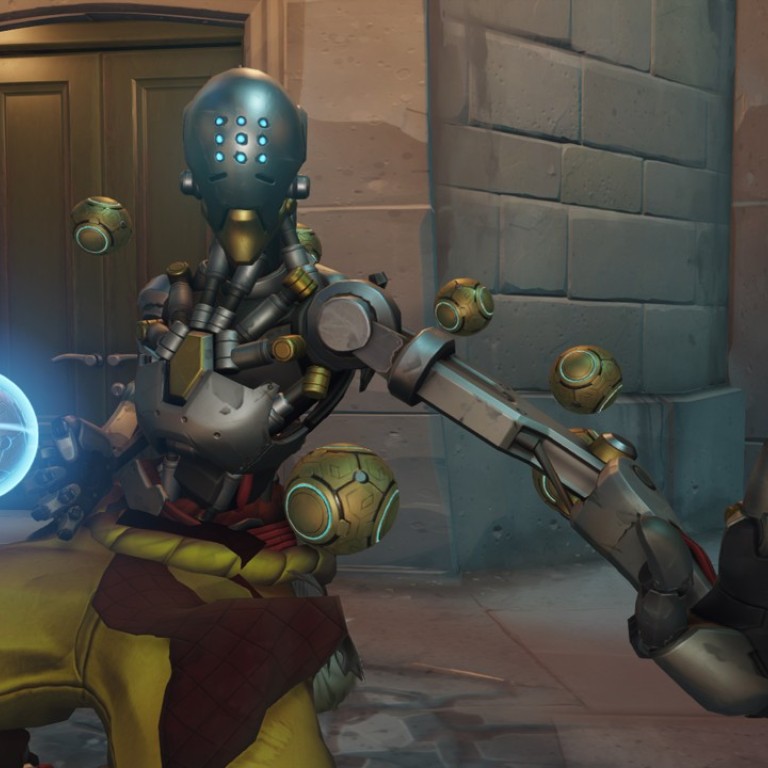
Overwatch League strives for professionalism as e-sports grabs a global foothold
SCMP Sports’ e-sports series continues with a look at the development of Activision Blizzard’s Overwatch League
Blizzard aims to take e-sports to the next level, raising e-sports players to the heights of celebrity enjoyed by their counterparts in traditional sports, and carving out a place for e-sports in business and society. OWL Commissioner Nate Nanzer and the league’s teams say they will do this by professionalising the scene, combining expertise and massive investment from traditional sports and media organisations with the passion of the small endemic e-sports organisations and the legions of fans that drive the community.
The company recently announced the first seven cities and their teams: Shanghai, Seoul, New York, Boston, Miami/Orlando, LA and San Francisco. Owners of the first teams feature some of the biggest names in sports – Robert Kraft of Kraft Group and the New England Patriots, and Jeff Wilpon of Sterling VC and the New York Mets; major internet and entertainment companies – NetEase and Kevin Chou of Kabam; and also three endemic e-sports organisations – NRG E-sports, Misfits Gaming and Immortals.
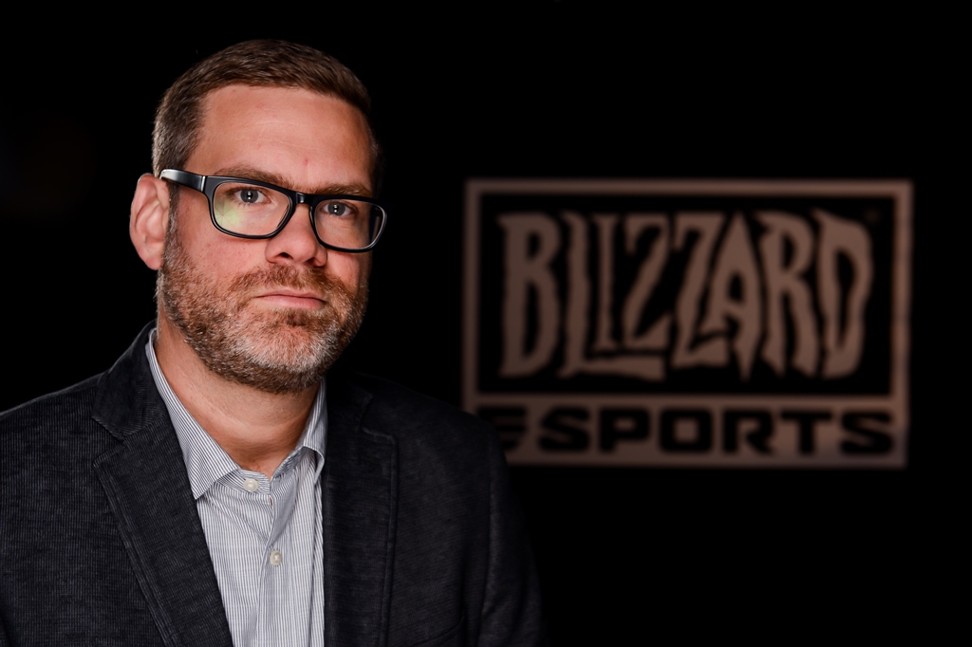
However, many in the community have voiced concerns about Blizzard’s approach to the league. Criticism and doubts on the viability of the endeavour boil down to four main points.
Firstly, the logistics of a city based league which spans multiple continents, with teams from Shanghai or Korea, for example, needing to regularly travel to US, Latin American and Europe cities.
Secondly, how teams will drive fan engagement – crucial to filling stadiums, selling merchandise and maximising earnings from broadcasting rights – when fans are not actually from the team’s city and players are also foreign. The majority of talent currently resides in Korea, and increasingly China, each with only one team so far.
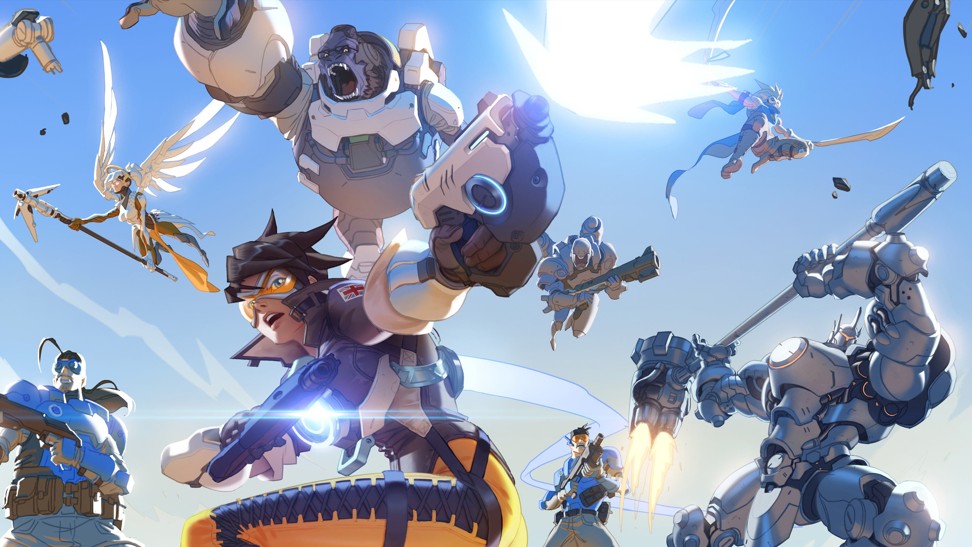
Lastly, and most importantly to the community, how OWL will ensure a place for small endemics alongside the massive traditional sports businesses and investors that are snapping up spots reportedly being sold for as much as US$20 million.
Nanzer’s vision for the league is pragmatic and heavily influenced by successes in the traditional sports world. He is optimistic on a professionalised league’s potential to solve what he sees as the current issues facing fans, players and businesses, and he speaks frankly in response to concerns.
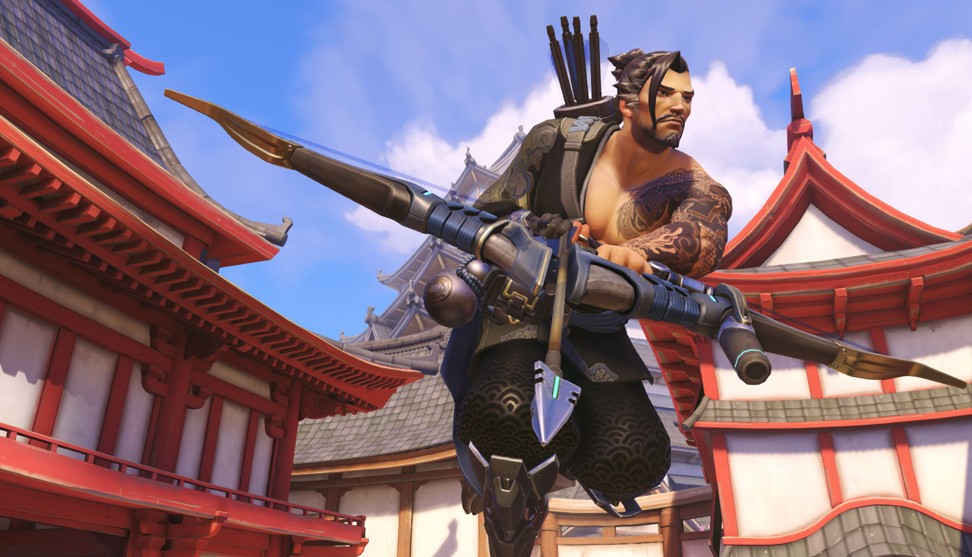
“[The Premier League] has taken what was a local football league in the UK and made that a real global phenomenon. You know, there’s a kid walking down the street in Vietnam right now wearing a Man U jersey. They’ve done a great job of cultivating these intense local rivalries, but also having these teams and brands be globally relevant. When Arsenal was in its invincible era, wasn’t it like 10 Frenchmen and one English guy? It’s not uncommon in traditional sports to have players from outside the country on the team, and fans are still going to galvanise around them. We have huge player bases in Korea, China, America, Latin America and Europe. We see really high level play from all around the world. Our hope is that this league is reflective of that player base.”
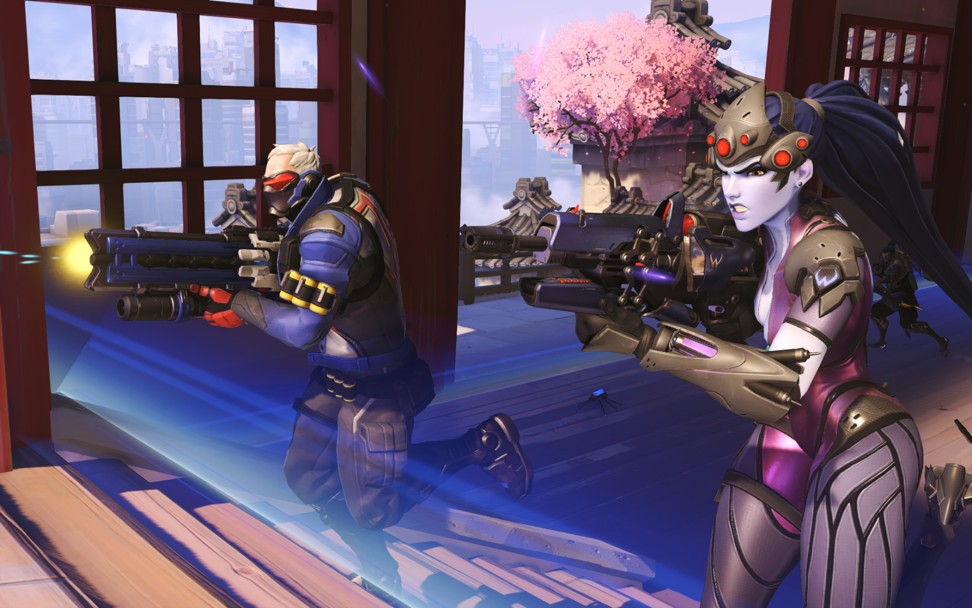
However, Nanzer says also that the league is looking to endemics for complementary capabilities. “To us what is interesting is if partnerships develop between endemic e-sports expertise and traditional sport or media capability. Our owners that we’ve announced are new to e-sports, they’re absolutely going to build their own organisations including talent that’s endemic to e-sports. They know what they don’t know.”
Nanzer believes the structure and professionalised nature of the OWL and its amateur and developmental leagues, Overwatch Contenders and Open Division, will deal with any challenges from competing tournaments, and “a clear path to going pro” will incentivise talent to choose the official league.
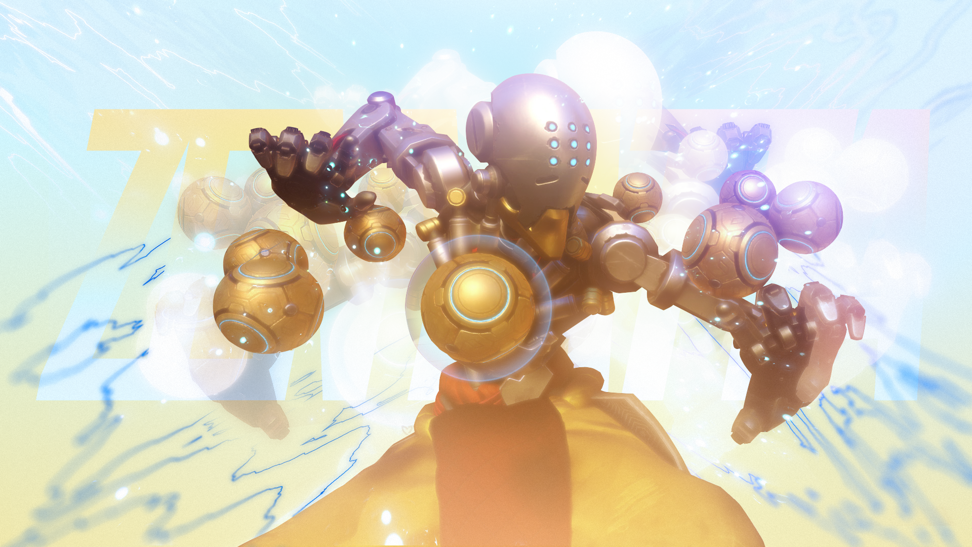
OWL plans to announce more city franchises in 2017, and Nanzer has indicated China is a major focus, with Hong Kong also being singled out as a candidate city. “E-sports has become a core part of the culture [in China]. E-sports for a lot of young people in China, it’s their favourite sport.”
With 72 million of the 191 million global e-sports fan base resident in China it’s not hard to see the attraction. And where other software developers and game publishers have had nothing but headaches in China, Blizzard has enjoyed immense success, most notably with World of Warcraft and Starcraft, and now again with Overwatch, which has sold millions of copies in the mainland. Blizzard partnered with NetEase back in 2008. Nanzer says success is partly due to NetEase’s tremendous reach and a changing media and consumer landscape in China. “Overwatch is a great game, and Chinese consumers are willing to pay for great content.”
When asked if the league is in talks for a Hong Kong franchise, Nanzer says, “Hong Kong is obviously a great market, ... and it’s definitely on our radar. It’s a huge city and potentially a great home for a team, but we’ve nothing specific to share at this time.”
The challenges the league faces to making a global city-based league a reality are daunting. Massive European sport leagues and their counterparts in North America took about 100 years to get where they are today. Should Blizzard succeed, however, they would leapfrog competitors and establish themselves as the dominant force in e-sports.

